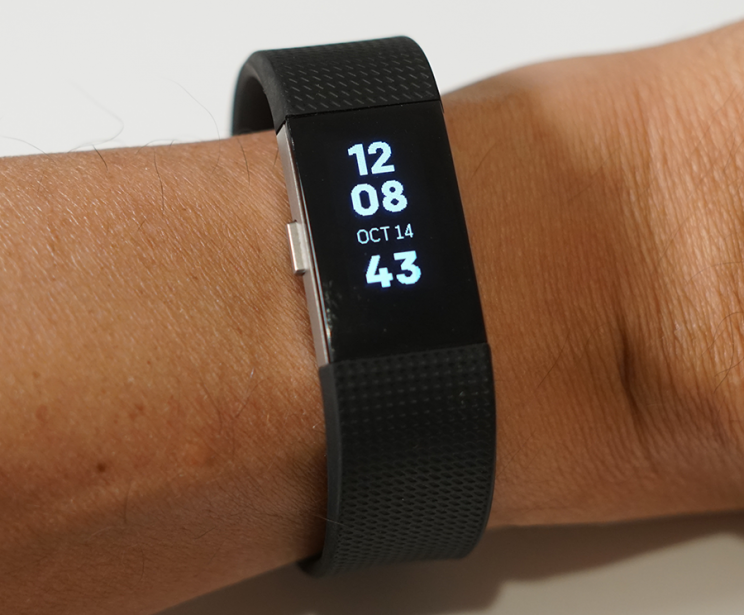Fitbit is cutting 6% of its workforce after poor holiday sales numbers

Fitbit (FIT), the company synonymous with wearable fitness trackers, has announced that it’s laying off 6% of its global workforce, or 110 employees, after posting disappointing preliminary results for the fourth quarter of 2016.
The company made the announcement roughly a month before it’s expected to issue its Q4 2016 and full year 2016 earnings report. Fitbit says the corporate restructuring comes as a result of lower than expected demand for its products in mature markets like the U.S.
Fitbit’s stock was down more than 16% to $6.05 a share at Monday’s closing bell.
On the flip side, the company says its revenue jumped 58% jump in the Europe, Middle East and Africa (EMEA) markets. Unfortunately, Fitbit didn’t mention how it performed in China, which offers the largest growth opportunity for the company. But increasing sales there has proven difficult with the advent of similar, less expensive fitness tracking devices from native Chinese companies.

Fitbit CEO James Park said he doesn’t believe the preliminary Q4 results reflect the value of the Fitbit brand, its platform or long-term potential.
During an interview at CES in January, Park said he was trying to change the way people perceive the company, and wanted to make Fitbit’s software and services just as important as its hardware.
“I think part of it is that we are trying to shift the perception of Fitbit from being just a hardware company to a connected device company where software is equally, if not more so, important,” Park said.
Fitbit is working to improve retention among its users with improved software and social media features. According to market research firm Gartner, 30% of fitness tracker owners eventually ditch their devices out of boredom or because they break.
User retention matters, as people who know someone who owns a Fitbit are more likely to choose the brand over its competitors.
To help offset the company’s reliance on hardware products, Fitbit has begun working with major insurance companies like UnitedHealthcare, which provide devices to select subscribers.
“It’s definitely a significant revenue stream in the future,” Park said at CES.
Still, it will be some time before such initiatives can earn Fitbit more than straight-up hardware sales.
Fitbit is expected to announce its Q4 2016 and full year 2016 results on Feb. 22.
More from Dan:
Why President Trump using an unsecured Android would be a very bad idea
Samsung posts highest profits in 3 years despite Note7 debacle
Email Daniel at [email protected]; follow him on Twitter at @DanielHowley.
